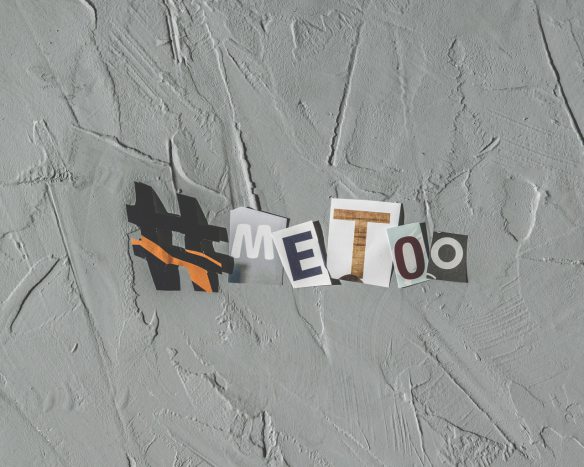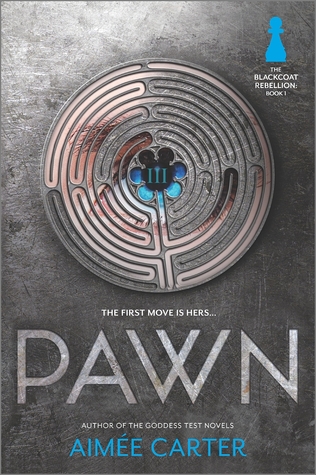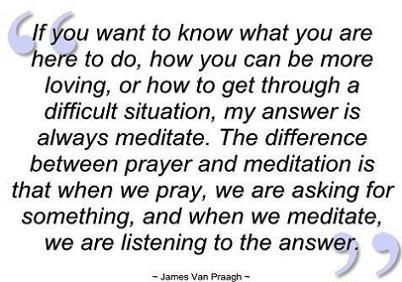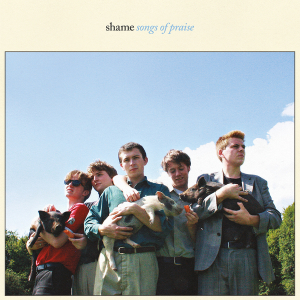“Don’t tell” is the embedded language of sexual harassment and abuse. And women often did not tell. We needed and wanted the part, the job, the account, and we kept quiet. Now we’re being asked why we didn’t say anything at the time. So—why didn’t we? Whether we were children or adults we were afraid of men’s power over our lives, afraid of what would happen to our careers and our dreams and our reputations, of what someone would say. We were trained not to make a ruckus, to behave ourselves, to be perfect victims. No one taught us we could say: “No! Stop! I don’t like this! You can’t! I won’t! Don’t touch me!”

I’ve been floating the idea of writing about this ever since #MeToo first appeared. I worried that it was too far off my focus of after-death communication, but when I heard Oprah’s eloquent and empowered Golden Globe acceptance speech (It is worth checking out.), I knew it was time. She used her voice and her platform, now I’m using mine. If every woman were to add her name to the roster of those who are saying “No More”, we would participate in a tidal wave of change. We need a new way.
When I was raped as a child, my parents called the doctor, called the psychiatrist, dealt with the man, but they did not call the police. I doubt it even crossed their minds. They too were trained not to make a ruckus and to keep sexual things out of the public eye. Later, when my mother told the woman psychiatrist, “She seems to have forgotten,” her reply was, “Good. It’s better that way.” Silence all around.
In the 1950’s, as a teenaged soda fountain clerk, I quickly learned to avoid the narrow supply corridor when the older pharmacist was on duty. We girls monitored our behavior—but we neither questioned nor reported how he squeezed himself against us if he passed us by.

Twenty years later, working for an all-male law firm with all-female employees, I attended the office Christmas party. No spouses were invited. There was a lavish spread of alcohol at five, the end of the workday. The catered food was scheduled for 6:30, by which time everyone was ravenous, and nearly everyone was a little or a lot drunk. I watched a usually straight-laced, married secretary exchange sexual innuendo with her married boss. Luckily her close friend pulled her into the kitchen to ply her with coffee.
Another woman, much more drunk, suddenly disappeared. Turned out she was with her boss in his locked office. All the men’s office doors had locks. I knew her well enough to suspect she would have deep regrets. Later I learned that this party’s ploy was an annual tradition, well-known in the local, legal community. In another job, when I turned down sexual advances from a man, he took the business my firm needed elsewhere.
“If you are ever attacked, don’t fight back,” we were taught, back in the day. “That way you won’t be killed too.” These messages and practices and experiences tell women we are weak and without rights. For men, they reinforce their power over us. This used to be a way of life, as was women’s silence, but remember, once women could not vote. Now we can. Once we could not own property. Now we can and we do. Once we thought we could not tell. Now we can. Now we do.
I’m not saying every man who touched a woman without her permission in the distant past should be pilloried and shunted out of his job (though some should). This is not about scapegoating a few men for old actions our culture condoned with turned-away eyes. The casting couch used to be a “joke.” If thought about, it was never funny. Now we are talking about it and it is really not funny. I recently watched “Cactus Flower” a 1969 comedy. Funny? Yes, but between laughs, I kept wincing as Walter Mattheau, the dentist, patted a female patient’s butt, as Ingrid Bergman, his nurse, deftly sidestepped a male patient’s repeated ardent advances. When will the time come when women loudly object to all such behavior on the spot?
We need to establish a new order between men and women. Many men (the ones Oprah calls phenomenal) have always known that non-consensual or coercive touching is wrong. The others must be taught or cajoled or—if necessary—forced into change by those of us who want all sexual touch to be mutual and consenting.

Men, it is time to question any authority over women you think that history, culture, habit, or religion has granted you. Women, it is time to reclaim our authority over our own bodies. Our daughters must be taught they can say no to adults, and later, as adults. Our sons must be taught how to hear that “no.” This shift requires taking a firm and possibly uncomfortable stance. If it requires telling tales, now is the time to tell them.
You may buy The After Death Chronicles: True Stories of Comfort, Guidance, and Wisdom from Beyond the Veil in bookstores, through www.AnnieMattingley.com and through the following sites:
Amazon: http://amzn.to/2zSaTLB
Barnes & Noble: http://bit.ly/2ljjV0I
Indie Bound: http://bit.ly/2gEcr3f
Hampton Roads/Red Wheel/Weiser: http://bit.ly/2gM255a
Share this:





